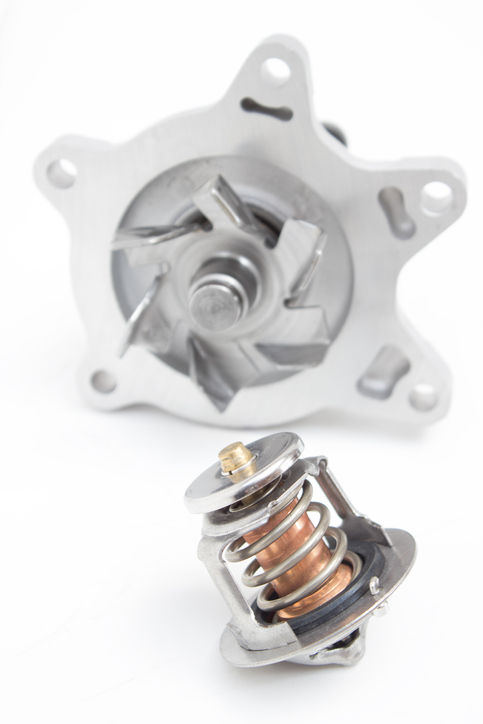
Common Causes of Overheating Vehicles
January 15, 2020 11:20 pmIf you notice your engine temperature quickly heating up, it is important to take immediate action for your safety. Turn off the air conditioner and turn on your defroster, setting the heat to hot and your fan on high. Try to get off the road as soon as you can, and call for roadside assistance. An overheating engine can quickly cause some significant damage to your car and can become quite unsafe in a hurry, so you must get your vehicle off the road and call for help as soon as it’s safe to do so.
So how do you know what the cause is when your car is overheating in Madison, TN? Here are just a few examples of some of the most common causes a mechanic will be sure to look for:
- Cooling system leaks: Leaks are the single biggest cause of engine overheating. The leaks could be located in your radiator, water pump, hoses, heater core, head gasket, thermostat housing or freeze plugs. Perhaps you notice leaks under your vehicle, or find yourself having to frequently add coolant to your system. If you suspect a leak in your system, do not delay in getting your vehicle checked out by a mechanic.
- Bad radiator: If you have already had issues with leaks or clogs in your cooling system, this could put a significant amount of strain on the radiator, causing it to fail. Disruptions in the function of the radiator can result in overheating, because it will prevent the radiator from being able to remove heat from the cooling system.
- Concentrated coolant: It’s important to use the correct type of coolant in your vehicle—follow the instructions in your owner’s manual. Using improper coolant or the wrong mixture of coolant and water can result in your vehicle overheating. You may want to flush out your cooling system if you have fallen behind on your maintenance—over time, old coolant can become corrosive, so it’s a good idea to swap out the coolant after a certain amount of time.
- Damaged belts: If you have any belts in your engine that are broken or loose, especially the water pump belt, you’ll want to correct the issue as soon as you can. Otherwise, it will become more difficult to maintain the proper volume of coolant flow.
- Worn radiator fan: The fan pulls air over the radiator, reducing the temperature of the coolant. If you have a broken fan motor or a fan clutch that’s worn out, then you won’t be able to reduce the temperature, which increases the likelihood of overheating.
- Bad thermostat: The thermostat is an important part of the cooling system, because it ensures the coolant will be able to flow to the radiator when it’s needed. If the thermostat gets trapped closed, the coolant will not be able to pass through and the engine will be more likely to overheat.
What damage does overheating cause to your vehicle? For more information about the most common causes of a car that is overheating in Madison, TN, contact Rivergate Muffler & Auto Repair today.
Categorised in: Vehicle Repairs
This post was written by Writer

Comments are closed here.